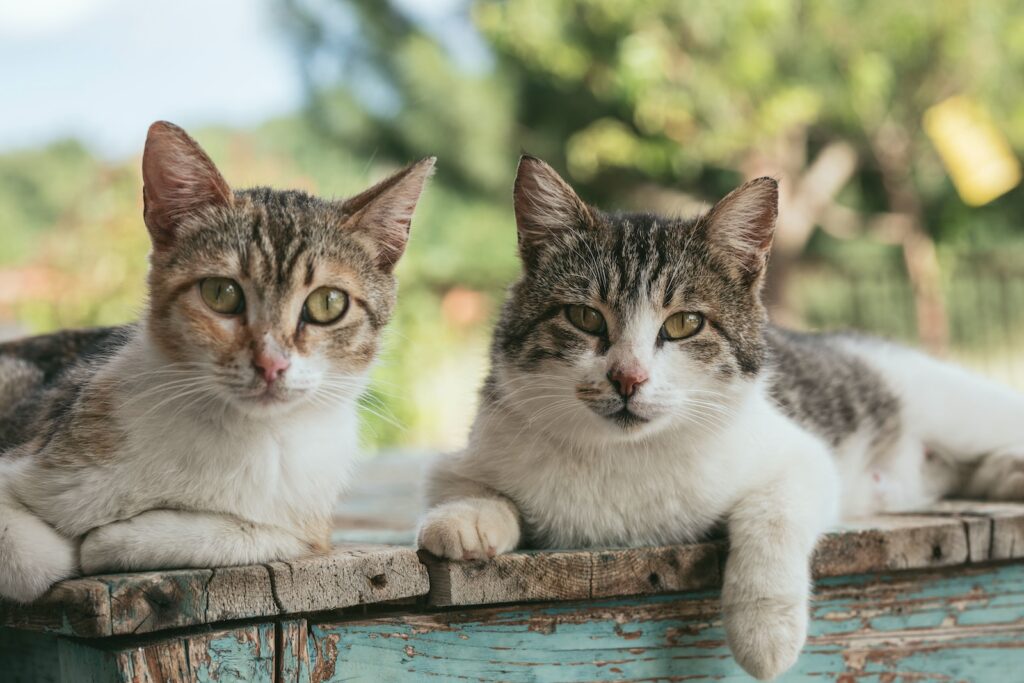Can Cats Eat Almonds? — No, They Can’t
Almonds may be a popular choice for human consumption, but when it comes to cats, they are not suitable. Feeding almonds to cats can pose various health risks and potential dangers. Therefore, it is best to avoid giving this particular food item to your feline companion.
Is It Safe for Kittens to Consume Almonds?
Just like adult cats, kittens should not consume almonds either. The potential risks associated with almonds are not age-dependent, making it equally unsafe for kittens to consume this nut.
Risks Associated with Feeding Almonds to Kittens
Feeding almonds to kittens can lead to choking hazards and digestive problems. The size and shape of almonds can easily get lodged in their throat, causing breathing difficulties. Moreover, almonds are high in fat and can cause digestive upset, leading to diarrhea, vomiting, or pancreatitis in kittens.
Why Almonds are Not Recommended for Cats
Almonds are Difficult to Digest
Cats have a unique digestive system specifically designed to process meat-based diets. While almonds are a good source of healthy fats for humans, cats lack the necessary enzymes to break down and digest the fats present in almonds. This can lead to gastrointestinal discomfort and digestive issues in cats.
Potential Allergic Reactions
Some cats may be allergic to almonds, just like humans. Consuming almonds can trigger allergic reactions in sensitive cats, leading to symptoms such as itching, skin rashes, swelling, or even respiratory distress. It is always best to avoid exposing your cat to potential allergens like almonds.
Risk of Pancreatitis
Almonds are high in fat content, which can be dangerous for cats. The consumption of fatty foods like almonds can trigger pancreatitis, an inflammation of the pancreas. Pancreatitis can cause severe pain, digestive issues, and potentially life-threatening complications in cats.
Known Health Issues in Cats from Consuming Almonds
Consuming almonds can lead to various health issues in cats, including gastrointestinal discomfort, diarrhea, vomiting, choking hazards, allergic reactions, and pancreatitis. It is crucial to prioritize your cat’s well-being by avoiding the intake of almonds.
What to Do If a Cat Has Consumed Almonds?
- Seek Veterinary Assistance: If you suspect or know that your cat has consumed almonds, contact your veterinarian immediately for guidance and advice. They can assess the situation and provide appropriate medical intervention if necessary.
- Monitor for Symptoms: Keep a close eye on your cat for any signs of digestive issues, allergic reactions, or distress. Symptoms such as vomiting, diarrhea, difficulty breathing, or swelling require immediate veterinary attention.
- Prevent Access to Almonds: Ensure that almonds and any almond-containing products are kept out of your cat’s reach. Be cautious of almond-based foods, snacks, or treats that may accidentally end up within their reach.
Safe Alternatives to Almonds for Cats
While almonds are not suitable for cats, there are several safe alternatives that can be incorporated into their diet. Some examples include cooked plain chicken, small portions of cooked fish without bones, or specially formulated cat treats developed to meet their nutritional needs. Always consult with your veterinarian to ensure the safety and suitability of any new food items for your cat.
Conclusion
Almonds may be a tasty and nutritious snack for humans, but they should not be given to cats. The potential risks, including difficulty in digestion, potential allergies, and the risk of pancreatitis, make almonds an unsuitable food choice for feline friends. By prioritizing their well-being and providing a balanced diet based on their specific nutritional needs, you can ensure the health and happiness of your beloved feline companion.






